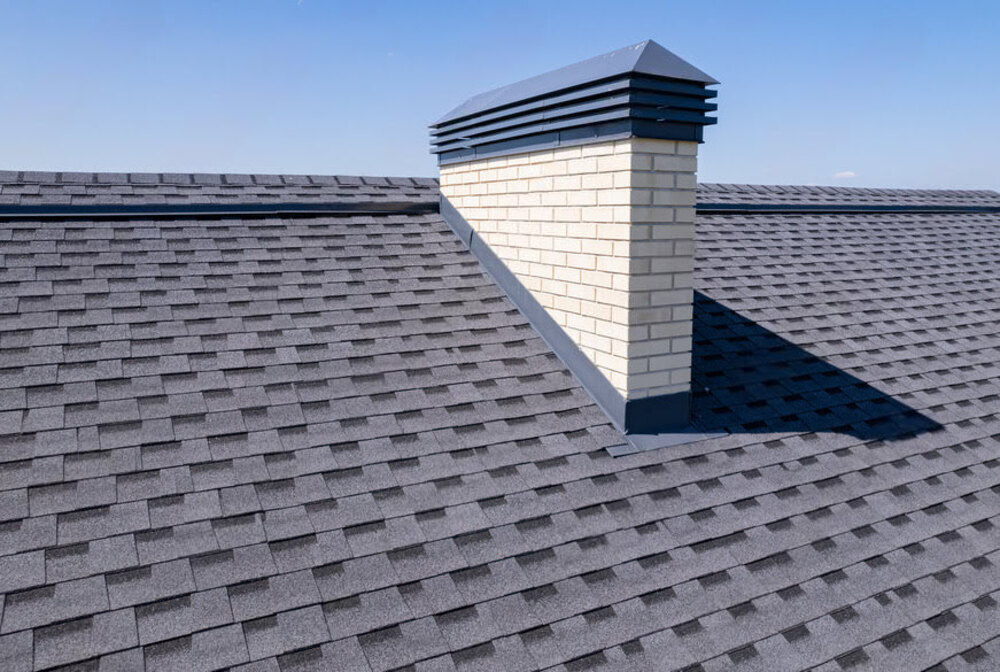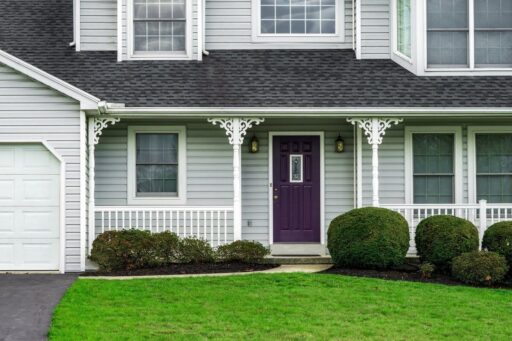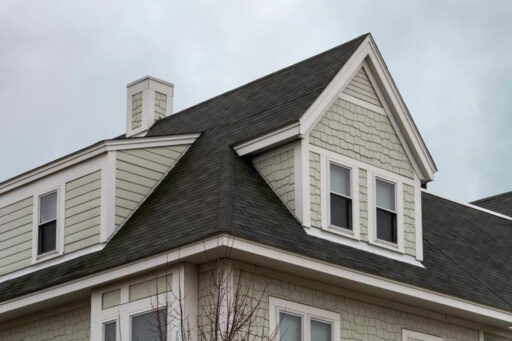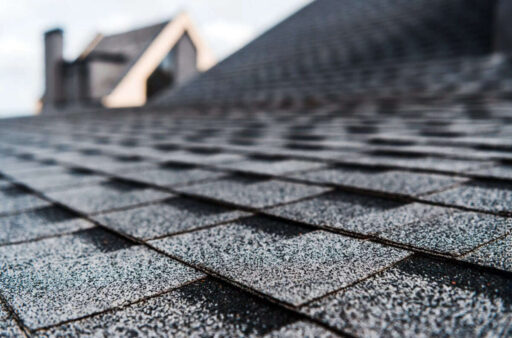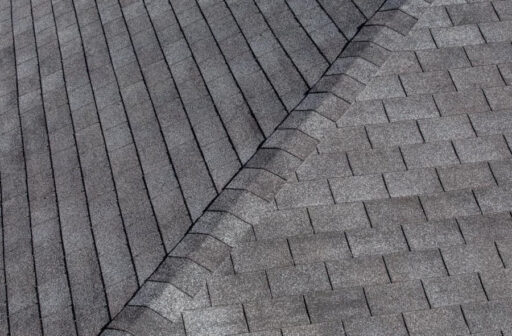Is your roof showing signs of wear? Many homeowners face this significant question: should they repair or replace their roof? A professional asphalt roofing company uses proven methods to help you make this decision. Roofing specialists look at several key factors when deciding between repairs and replacement. Material condition and future costs play a major role in this process. These experts will give a complete solution based on your roof’s unique needs. Professional roofers use time-tested assessment methods to review damage patterns. Their recommendations come from a detailed inspection of your roof’s current state. You’ll understand the exact criteria these experts use and the reasoning behind their suggestions for your roof’s future.
Professional Roof Assessment Protocol
Professional roofers follow a systematic approach that blends traditional expertise with modern technology. Your asphalt roofing company takes multiple steps to get a clear picture of your roof’s condition.
Visual inspection methodology
A complete roof assessment begins at ground level and moves to closer examination. Professional inspectors look at your asphalt shingles from different angles because spotting water leaks with the naked eye can be tricky. This original assessment spots obvious damage signs while following safety protocols.
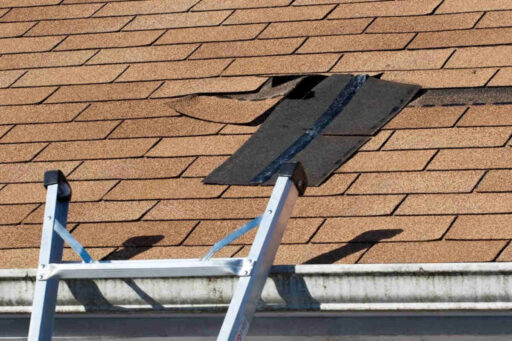
Advanced diagnostic tools
Modern asphalt roofing companies use sophisticated equipment to get a full picture. Your roof inspection has these features:
- Thermal imaging cameras to spot moisture intrusion and insulation issues
- Drone technology to reach difficult areas and capture aerial views
- Infrared scanning to identify temperature differences from trapped moisture
These advanced tools work best during evening inspections because temperature variations between dry and wet areas show up more clearly. The mix of visual checks and technology gives you a complete view of your asphalt roof’s health.
Documentation and reporting systems
Your professional roof assessment ends with detailed documentation. The inspector puts together findings with photos and written notes. This report has sections on:
- Structural integrity analysis
- Signs of moisture infiltration
- Previous repair checks
- Maintenance or replacement suggestions
Modern reporting systems let inspectors enter data live and add photos smoothly. This documentation is a vital reference point to help you make smart decisions about your asphalt roofing needs.
Critical Damage Indicators
Professional contractors look for specific signs to assess your asphalt roof’s condition. These signs help them decide if you just need repairs or a full replacement. This knowledge will give you better insight into your roofing investment.
Structural integrity evaluation
Your asphalt roofing company starts by getting into the roof’s basic support system. Visible sagging or warping suggests there might be issues that need immediate attention. Your contractor will likely suggest replacement instead of repairs if your roof shows systemic problems like rot or severe water damage.
Material deterioration signs
Your roof’s overall health becomes clear from your asphalt shingles’ condition. Here are the most important warning signs:
- Continuous leaks, especially in older roofs
- Curling or cupped edges on shingles that suggest age-related wear
- Much granule loss you can spot in gutters or on the ground
- Cracking and surface wear from UV exposure
- Blistering from poor ventilation or installation issues
Your asphalt roofing contractor will typically recommend a complete replacement if these signs show up on more than 30% of your roof’s surface.
Safety risk assessment
Contractors take a close look at both immediate and future safety concerns. Your asphalt roofing company thinks about worker exposure to volatile organic compounds (VOCs) and other hazardous materials during work. They also check fall protection needs, especially near access points and roof edges where safety risks occur most often.
Moss or vegetation growth points to aging shingles and can create dangerous conditions. These plants hold moisture and damage the roof structure. On top of that, storm damage like missing shingles or sections needs quick professional assessment to stop further structural damage.
Cost-Benefit Analysis Framework
Your asphalt roof demands smart financial planning that weighs both upfront costs and future benefits. A good roofing company looks at several factors to help you find economical solutions.
Long-term vs short-term solutions
Repairs might look cheaper at first, but they don’t always save money in the long run. Small fixes cost between $487.68 to $2,090.04, and these costs add up fast when you need multiple repairs. A new roof costs more upfront at $40,596.94, but saves money over time.
Here’s what affects your costs:
- Emergency fixes cost 25-50% more than planned maintenance
- The total cost of repeated repairs can be higher than replacement
- High-quality materials cost more upfront but last longer
Material and labour calculations
The price of your asphalt roof depends heavily on your choice of materials and how complex the installation is. Simple 3-tab shingles are the cheapest option with a 15-20 year lifespan. Architectural shingles last 22–25 years, while luxury shingles can protect your home for 30 years or more.
Workers charge between $41.80 to $111.47 per hour. The final cost varies based on:
- Your roof’s accessibility and design
- The work needed to remove old materials
- Extra components like underlayment and ventilation
Return on investment projections
A new asphalt roof boosts your home’s value substantially. You can expect to get back 60% of what you spend. A roof replacement costing $40,596.94 typically adds $24,811.57 to your home’s value.
Impact-resistant shingles cost 50% more upfront but offer excellent returns. Homeowners in some areas save $4.18 for every $1.39 invested. This creates an impressive benefit-cost ratio that can reach 8:1 in certain locations.
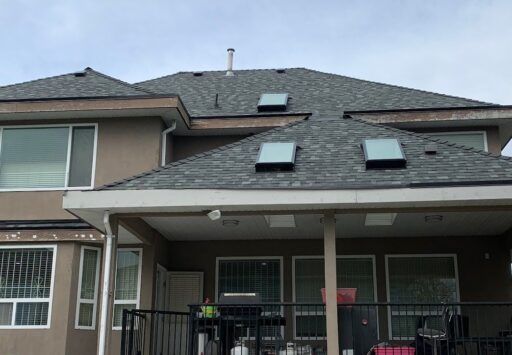
Technical Decision Matrix
Professional asphalt roofing companies use a well-laid-out decision matrix to pick the best solution for your roof. This approach will give a reliable way to make analytical decisions that balance several factors which affect your roof’s performance.
Age and condition scoring
Your asphalt roofing company evaluates your roof’s age in line with industry standards. Considering that many Vancouver homes are 30+ years old, understanding the roof’s age is crucial. Here are the key factors to consider:
- Standard asphalt shingles last 20–30 years
- Dimensional shingles can last 30 years
- Granule loss indicators
- Previous repair history
- Climate effects assessment
Material compatibility assessment
Your roofing professional needs to think about how existing and new materials work together chemically. Asphalt roofing materials react differently to various chemicals and environmental factors. The review has:
- Compatibility with existing underlayment
- Resistance to local weather conditions
- Chemical exposure from nearby sources
- Material interaction with cleaning agents
- Ventilation system requirements
Building code compliance factors
Your asphalt roofing project in Vancouver must adhere to local building codes and permit requirements. In British Columbia, permits are typically required for:
- Structural changes to roof pitch or size
- Changes in roofing materials
- Installation of new vents or skylights
- Modifications that affect load-bearing capacity
Permit approval in Vancouver often takes 10-15 business days. Properly permitted roofing renovations can enhance your property’s value while ensuring safety and durability. At Marks Roofing, we guarantee compliance with the British Columbia Building Code (BCBC) for all asphalt roofing projects, delivering reliable and high-performing results.
Final Thoughts
Professional roofers look at several factors to make the right decisions about your roof. Your asphalt roofing company follows proven steps and gives you the best recommendation that fits your needs. Roofing professionals combine modern technology with years of hands-on experience to assess your situation accurately. They check your roof’s age, structural strength, and material quality to give you a full picture. A new roof might cost more upfront, but it often pays off with a longer life span and adds more value to your home. Building codes and material compatibility shape the final choice significantly. Professional contractors check these technical details and look for any safety issues or damage signs. This all-encompassing approach protects your investment and ensures your roof meets every standard and requirement.

